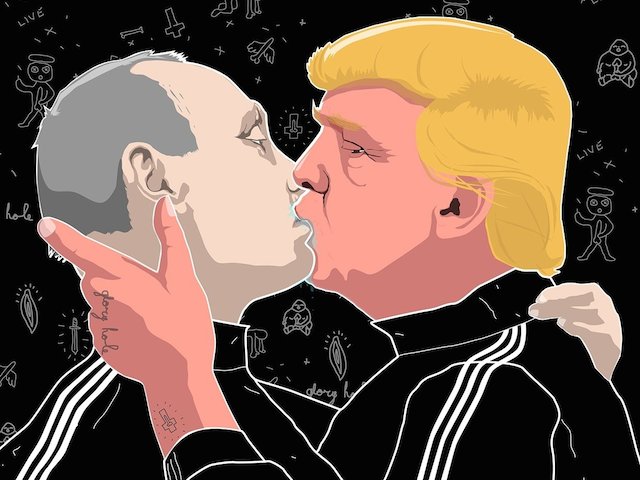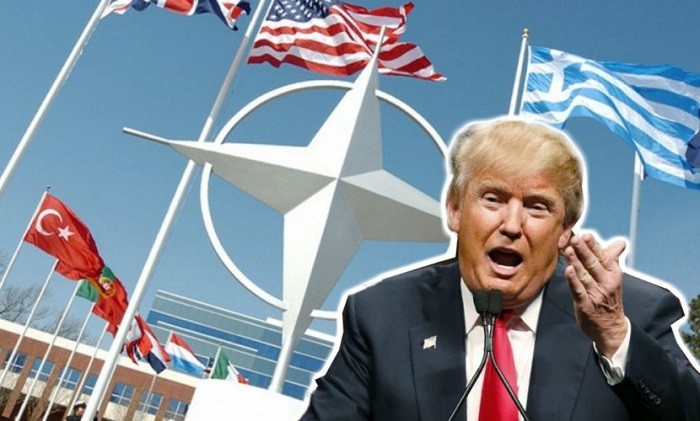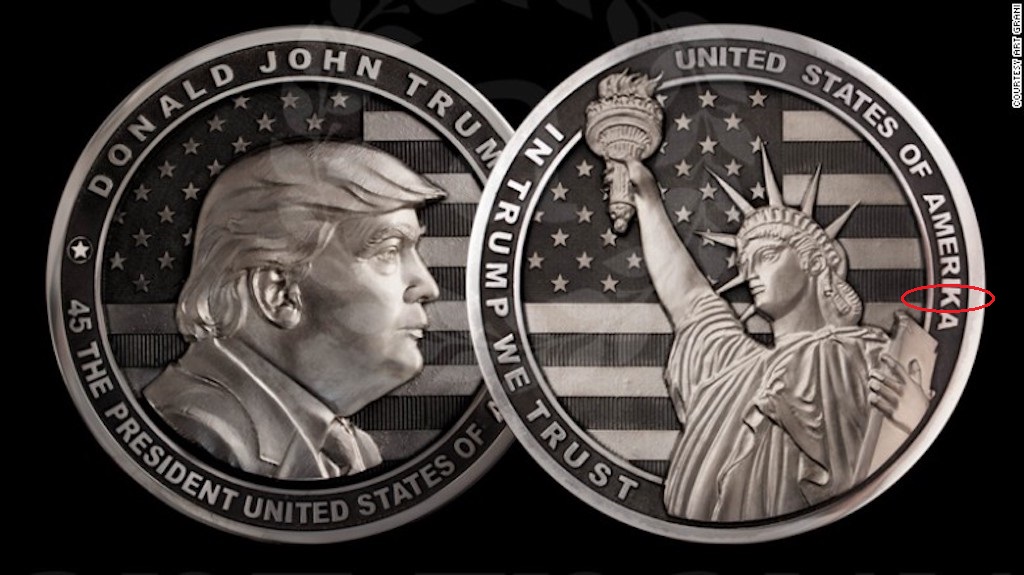Ukrainians and their friends and supporters have been so worried that any grand bargain between Vladimir Putin and Donald Trump will be a new “Munich” in which Ukraine will be handed over in whole or in part to the Kremlin that they have not considered fully just what any “deal” might look like, Petro Oleshchuk says.

The Kyiv political scientist who teaches at Shevchenko National University says that they should be given that such “‘a broad accord’ between Russia and the US really is being considered at the level of people who are responsible for foreign policy in the Trump Administration.”
This week, Rex Tillerson, Trump’s nominee to be secretary of state, said that the US could recognize Crimea as Russia if there were to be “a broader agreement which the people of Ukraine would recognize.” There are “several logical conclusions” which flow from this, Oleshchuk argues.
- First of all, it suggests that people on Trump’s foreign policy team are considering just such “a broad agreement … that is ‘a big deal’” and something which is no longer in the realm of “conspiracy thinking but is a reality, although still only hypothetical,” the Kyiv analyst suggests.
- Second, Tillerson’s words imply that any “’big deal’” would be possible “only if there were agreement on the part of the leadership of Ukraine.” Clearly, Trump’s people now recognize that any unilateral move by Washington on this question would “destroy the world order,” while that could be maintained if Ukraine itself agreed to a shift.
- And third, Oleshchuk says, those who want a deal must thus be thinking about how to get Kyiv on board, perhaps by putting pressure on the Ukrainian leadership or perhaps by trying to buy it off or “most probably” by “a combination of the first and the second: promises of ‘Marshall Plans’ and threats of ‘a Russian attack.’”
To be sure, Ukrainians should not expect especial generosity. “Even if one approaches Crimea as ‘a trade good’ to be exchanged, no one will give the real price for it.”
And there are two more aspects of the situation that Ukrainians must keep in mind. On the one hand, any grand bargain between the US and Russia will not be about Ukraine alone but about other issues, including China. And on the other, if Trump can’t get a deal with Moscow quickly, then his interest in any such deal will wane quickly.
Consequently, if there isn’t “a Munich” this year, there is not likely to be one in the future, Oleshchuk says, a conclusion that makes an implicit argument of exactly how Kyiv should proceed.
Related:
- A Trump-Putin deal on Crimea could trigger a much bigger war, Israeli analyst says
- Trump and Russian sanctions
- Russia now at real risk of being stripped of 2018 World Cup, Trump its “last hope”
- Russia’s creeping annexation of Georgian territory
- Russian dream of “Syrian scenario” for Ukraine — Russian analyst








